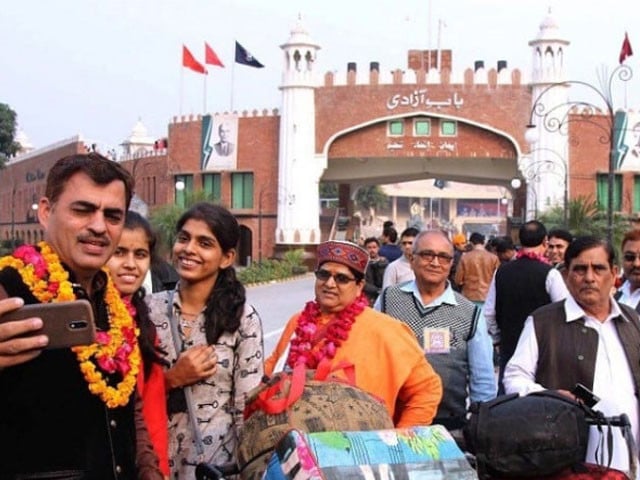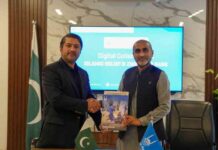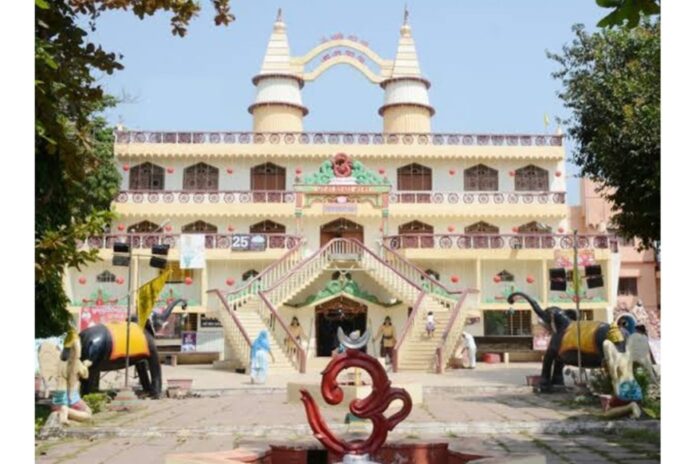Pakistan issued visas to 84 Indian Hindu pilgrims, allowing them to visit the sacred religious sites in the country. This seven-day pilgrimage from December 19 to 25 is a part of goodwill efforts between the neighbouring countries.
Visit to the Historic Katas Raj Temple
The group will head to the ancient Katas Raj Temple in Chakwal district, a sacred place that is steeped in spirituality and culture. The temple is believed to be thousands of years old and is famous for its magnificent architecture and a sacred pond that is said to have been formed from Lord Shiva’s tears. The pilgrims will perform religious rituals at the temple as a mark of respect for its heritage.

High Commission Officer Saad Ahmad Warraich expressed warm regards for the pilgrims while praying for them to return home spiritually revitalised. According to him, these visits not only benefit the relations between India and Pakistan but also promote peace among the two nations and their people.
Read More: Suryakumar Yadav Opens Up On India’s Champions Trophy Tour To Pakistan
Warm Reception at the Wagah Border
On December 19, the pilgrims will cross over into Pakistan via the Wagah Border, where they will be greeted by officials from the Evacuee Trust Property Board (ETPB). ETPB plays a key role in the management of religious sites and ensures that visitors are comfortable.
This visit is part of the 1974 Pakistan-India Protocol on Visits to Religious Shrines. The agreement allows citizens from both countries to visit important religious landmarks, fostering cultural exchange despite political tensions.
Promoting Religious Tourism in Pakistan
Religious tourism in Pakistan has taken off in recent years. Preservation and promotion initiatives for sites like Katas Raj have brought the variety of cultural landscapes in the country to the forefront. Other important religious landmarks include Sikh gurdwaras and Buddhist stupas, all symbolizing the inclusive heritage that Pakistan possesses.

Bridging Divides Through Faith
These pilgrimages are beyond religious practices. They remind people of common histories and traditions, making way for dialogue and understanding. In a region often defined by divisions, such initiatives create space for connection and hope.
As the pilgrims move forward, their visit is a testimony to the long-lasting nature of faith to bridge differences. In these conversations, both nations can progress toward a more harmonious future, rooted in mutual respect and shared cultural values.
Stay tuned to Brandsynario for latest news and updates







































